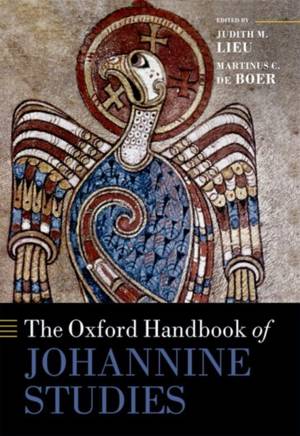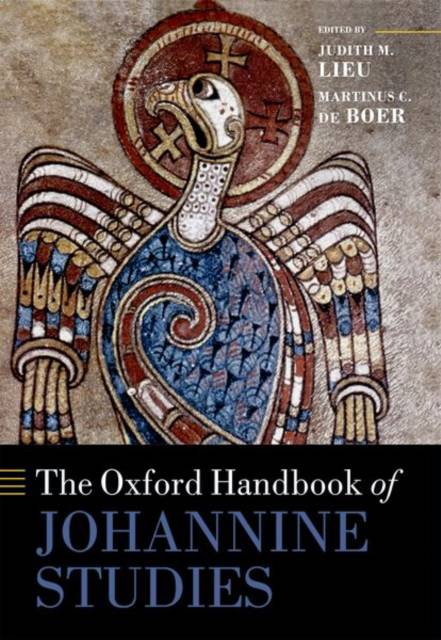
- Afhalen na 1 uur in een winkel met voorraad
- Gratis thuislevering in België vanaf € 30
- Ruim aanbod met 7 miljoen producten
- Afhalen na 1 uur in een winkel met voorraad
- Gratis thuislevering in België vanaf € 30
- Ruim aanbod met 7 miljoen producten
Zoeken
€ 322,45
+ 644 punten
Omschrijving
The contribution of the Johannine literature to the development of Christian theology, and particularly to Christology, is uncontested, although careful distinction between the implications of its language, especially that of sonship, in a first century 'Jewish' context and in the subsequent
theological controversies of the early Church has been particularly important if not always easily sustained. Recent study has shaken off the weight of subsequent Christian appropriation of Johannine language which has sometimes made readers immune to the ambiguities and challenging tensions in its
thought. The Oxford Handbook of Johannine Studies begins with chapters concentrating on discussions of the background and context of the Johannine literature, leading to the different ways of reading the text, and thence to the primary theological themes within them, before concluding with some
discussion of the reception of the Johannine literature in the early church. Inevitably, given their different genres and levels of complexity, some chapters pay most if not all attention to the Gospel, whereas others are more able to give a more substantial place to the letters. All the
contributors have themselves made significant contributions to their topic. They have sought to give a balanced introduction to the relevant scholarship and debate, but they have also been able to present the issues from their own perspective. The Handbook will help those less familiar with the
Johannine literature to get a sense of the major areas of debate and why the field continues to be one of vibrant and exciting study, and that those who are already part of the conversation will find new insights to enliven their own on-going engagement with these writings.
theological controversies of the early Church has been particularly important if not always easily sustained. Recent study has shaken off the weight of subsequent Christian appropriation of Johannine language which has sometimes made readers immune to the ambiguities and challenging tensions in its
thought. The Oxford Handbook of Johannine Studies begins with chapters concentrating on discussions of the background and context of the Johannine literature, leading to the different ways of reading the text, and thence to the primary theological themes within them, before concluding with some
discussion of the reception of the Johannine literature in the early church. Inevitably, given their different genres and levels of complexity, some chapters pay most if not all attention to the Gospel, whereas others are more able to give a more substantial place to the letters. All the
contributors have themselves made significant contributions to their topic. They have sought to give a balanced introduction to the relevant scholarship and debate, but they have also been able to present the issues from their own perspective. The Handbook will help those less familiar with the
Johannine literature to get a sense of the major areas of debate and why the field continues to be one of vibrant and exciting study, and that those who are already part of the conversation will find new insights to enliven their own on-going engagement with these writings.
Specificaties
Betrokkenen
- Auteur(s):
- Uitgeverij:
Inhoud
- Aantal bladzijden:
- 486
- Taal:
- Engels
- Reeks:
Eigenschappen
- Productcode (EAN):
- 9780198739982
- Verschijningsdatum:
- 26/09/2018
- Uitvoering:
- Hardcover
- Formaat:
- Genaaid
- Afmetingen:
- 178 mm x 249 mm
- Gewicht:
- 1882 g

Alleen bij Standaard Boekhandel
+ 644 punten op je klantenkaart van Standaard Boekhandel
Beoordelingen
We publiceren alleen reviews die voldoen aan de voorwaarden voor reviews. Bekijk onze voorwaarden voor reviews.







